JENA, Germany: German scientists studying the skulls and teeth of pedigreed hairless dogs from the collection of the Friedrich Schiller University Jena’s Phyletisches Museum have made a finding of possible relevance to human dentition. The study has furthered the understanding of the involvement of the FOXI3 gene in the development of teeth in hairless dogs, but potentially also in other mammals, including humans.
By studying a historical skull collection of hairless and coated dogs, a team led by Dr Kornelius Kupczik of the Max Planck Institute for Evolutionary Anthropology in Leipzig and Prof. Martin S. Fischer of the Friedrich Schiller University Jena found that hairless dogs were almost completely missing their permanent dentition, specifically incisors, canines and premolars. The molars, however, were present. It was also found that the deciduous premolars and permanent molars of the hairless dogs repeatedly lacked certain lingual cusps.
On the basis of DNA sampled from the over-100-year-old dog skulls of the museum’s collection, the researchers demonstrated that these morphological findings are also associated with FOXI3 gene variation. The missing hair of these dog breeds is the result of a mutation of the forkhead box I3 gene (FOXI3), which belongs to a transcription factor gene family and is involved in tooth development, among other functions.
The molar phenotype of the hairless dogs can be found in wild forms of extant and extinct carnivores, and the molars of humans and great apes too show varying expressions of the lingual cusps. The researchers from Leipzig and Jena therefore suggested that FOXI3 may be of general importance in mammalian tooth development. “It is therefore possible that this gene may have played a role in evolutionary changes of human tooth morphology as well,” said Kupczik.
The study, titled “The dental phenotype of hairless dogs with FOXI3 haploinsufficiency”, was published online on 14 July 2017 in the Scientific Reports journal.
Tags:
PHILADELPHIA, US: It was previously believed that Streptococcus mutans was the main microorganism responsible for dental caries. However, in a recent study,...
BALTIMORE, U.S.: In a recent study, scientists from the Johns Hopkins University School of Medicine investigated whether a mouthrinse to detect human ...
The Finnish dental equipment manufacturer Planmeca has been a reliable partner to dental professionals for almost 50 years. The company now aims to ...
BIRMINGHAM, Ala, U.S.: Known to cause several cancers, human papillomaviruses (HPV) are contracted by around 12,000 people—aged between 15 and 24—each ...
ALEXANDRIA, Egypt: Clefts of the lip and/or palate and alveolar bone are the most common congenital anomalies of the head and neck and result in feeding, ...
OKLAHOMA CITY, U.S.: Good oral hygiene can obviate many diseases, including gingivitis, diabetes and hypotension. Now, new research suggests it may also ...
TANGIER, Morocco: Planmeca devices are a common sight in modern Moroccan dental offices. Since entering the country’s dental market, Planmeca has rapidly ...
MANGALORE, India: Digital smile design has begun employing artificial intelligence (AI), raising questions about the quality and acceptability of ...
DUNDEE, Scotland: As the global health community marks World Mental Health Day today, the dental profession is being urged to confront a pressing concern ...
LUCKNOW, India: Artificial intelligence (AI), a rapidly evolving technology, is increasingly relevant in various medical fields, including dentistry, for ...
Live webinar
Tue. 3 March 2026
11:00 am EST (New York)
Dr. Omar Lugo Cirujano Maxilofacial
Live webinar
Tue. 3 March 2026
8:00 pm EST (New York)
Dr. Vasiliki Maseli DDS, MS, EdM
Live webinar
Wed. 4 March 2026
12:00 pm EST (New York)
Munther Sulieman LDS RCS (Eng) BDS (Lond) MSc PhD
Live webinar
Wed. 4 March 2026
1:00 pm EST (New York)
Live webinar
Fri. 6 March 2026
3:00 am EST (New York)
Live webinar
Tue. 10 March 2026
4:00 am EST (New York)
Assoc. Prof. Aaron Davis, Prof. Sarah Baker
Live webinar
Tue. 10 March 2026
8:00 pm EST (New York)
Dr. Vasiliki Maseli DDS, MS, EdM



 Austria / Österreich
Austria / Österreich
 Bosnia and Herzegovina / Босна и Херцеговина
Bosnia and Herzegovina / Босна и Херцеговина
 Bulgaria / България
Bulgaria / България
 Croatia / Hrvatska
Croatia / Hrvatska
 Czech Republic & Slovakia / Česká republika & Slovensko
Czech Republic & Slovakia / Česká republika & Slovensko
 France / France
France / France
 Germany / Deutschland
Germany / Deutschland
 Greece / ΕΛΛΑΔΑ
Greece / ΕΛΛΑΔΑ
 Hungary / Hungary
Hungary / Hungary
 Italy / Italia
Italy / Italia
 Netherlands / Nederland
Netherlands / Nederland
 Nordic / Nordic
Nordic / Nordic
 Poland / Polska
Poland / Polska
 Portugal / Portugal
Portugal / Portugal
 Romania & Moldova / România & Moldova
Romania & Moldova / România & Moldova
 Slovenia / Slovenija
Slovenia / Slovenija
 Serbia & Montenegro / Србија и Црна Гора
Serbia & Montenegro / Србија и Црна Гора
 Spain / España
Spain / España
 Switzerland / Schweiz
Switzerland / Schweiz
 Turkey / Türkiye
Turkey / Türkiye
 UK & Ireland / UK & Ireland
UK & Ireland / UK & Ireland
 Brazil / Brasil
Brazil / Brasil
 Canada / Canada
Canada / Canada
 Latin America / Latinoamérica
Latin America / Latinoamérica
 USA / USA
USA / USA
 China / 中国
China / 中国
 India / भारत गणराज्य
India / भारत गणराज्य
 Pakistan / Pākistān
Pakistan / Pākistān
 Vietnam / Việt Nam
Vietnam / Việt Nam
 ASEAN / ASEAN
ASEAN / ASEAN
 Israel / מְדִינַת יִשְׂרָאֵל
Israel / מְדִינַת יִשְׂרָאֵל
 Algeria, Morocco & Tunisia / الجزائر والمغرب وتونس
Algeria, Morocco & Tunisia / الجزائر والمغرب وتونس
 Middle East / Middle East
Middle East / Middle East
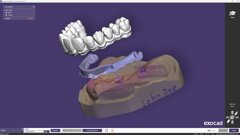


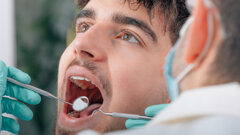
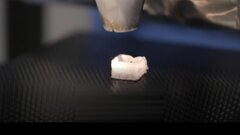

















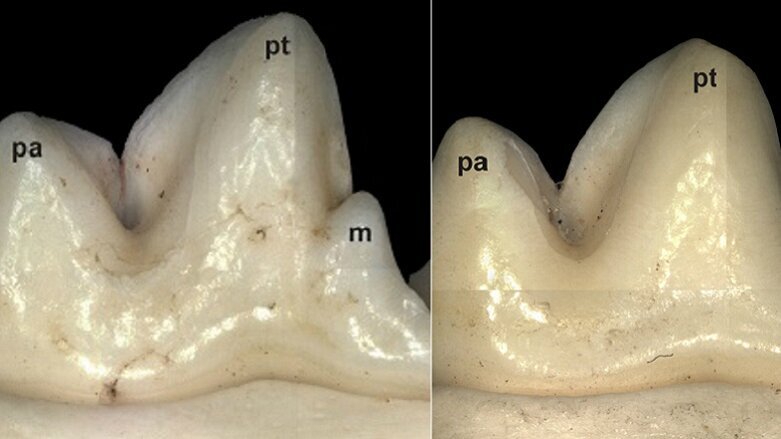








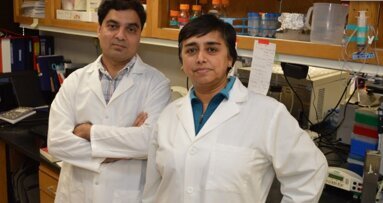
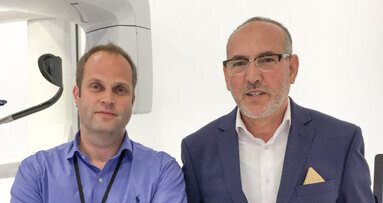










To post a reply please login or register